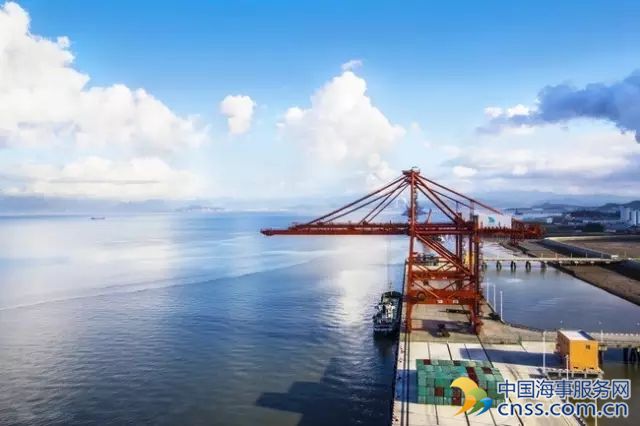Why marine credit managers are losing sleep

With shipping markets in the doldrums, Bunker Bulletin caught up with several marine fuel industry credit VIPs and asked them what keeps them up at night. The answer was unanimous: a deep fear of that good-looking, reliable customer going belly-up overnight.
Paul Millar, credit manager for the Bomin Group and an eminence grise of the credit industry, stressed that actually, he really doesn’t lose too much sleep for two main reasons: firstly, Bomin has credit insurance for its customers, and secondly Bomin enjoys full support of the multi-billion dollar M&B group.
This doesn’t mean however that he’s utterly carefree: he’s got his worries. Take the offshore industry: anything that isn’t wind or dredging is of grave concern. Or that bulk player that puts on a brave face, pretending they’re not suffering and probably paying very well, but in reality losing money and bank support – and stepping even closer to the cliff’s edge. His suspicions are especially aroused when a customer he hasn’t seen in some time suddenly comes around asking for credit. He contends that in the marine industry size still does matter, especially to banks. Generally the bigger you are, the less likely you are to fail – but don’t be complacent in thinking this applies to all of the big boys. He also comments on what is in fact an open secret: credit decisions in the bunker market are often made on instinct rather than fact.
Lasse Hojgaard, group credit director at Bunker Holding, says that it’s macroeconomic fundamentals that keep him up at night: an excess supply of vessels with many companies only able to keep their head above water with the help of low bunker prices, with no light at the end of the tunnel in the short term. Several other credit managers preferred to remain anonymous: one says that he too worries about that solid payer who suddenly vanishes. So how to decide who’s really healthy? Look for the source of the company’s cash: is it from ample reserves saved during the good times? Is it from strong bank facilities? Or has the company raised equity via cash injections from ownership?
This manager also worries about bunker traders or resellers: should one default, there would be little recourse for a physical supplier to retrieve money by arresting the ship supplied by the now-bankrupt reseller. That’s because it was the reseller who was the direct counterparty of the ship operator, not the original supplier to the reseller. He also points out that the decline in bunker prices has enabled many small bunker traders to enter new markets, which has narrowed margins substantially for everyone. Yet once bunker prices rise again these players may quickly vanish.
And there are other customers in parlous financial shape that this manager doesn’t deem credit risks — some of the most prominent container companies in the Far East or eastern Mediterranean, all financially strained operators. Though not state-owned, such players are considered national flagship carriers which, when push comes to shove, wouldn’t be allowed to fail by their national governments.
Another anonymous bunker executive disputes that notion, pointing to other quasi-national carriers that did in-fact go bankrupt. This executive also points to Northeast Asian bulk carriers as a source of particular concern, though some Nordic companies have filed recently too. Before getting off the phone, this executive remembers one particular type of danger he steers clear of: a brand new customer looking frantically for credit, because, as it soon emerges after some digging, this company has maxed out on its other credit lines and alienated his counterparties.
One last, especially-colorful credit executive assured me that it’s not that he or other credit managers are losing sleep — he for one sleeps pretty well. The question is what gives credit managers nightmares when they’re asleep? Here are some examples: large trading houses, desperate for volumes at any costs are now accepting no lien stamps on their bunker delivery receipt, which means that they might very likely not get paid. Will this practice become widespread?
Or once-heavily subsidized, financially decrepit state-owned companies, long thought of as safe bets, are finally allowed to go bankrupt.
And finally, he has a nightmare of oil prices shooting up, since low bunker prices are the only thing keeping large swathes of the shipping business alive. If oil does skyrocket, many bunker suppliers will lose big money in bad debts. Might be enough to end a few bunker companies.
HEADLINES
- Do shipping markets want Biden or Trump for the win?
- All 18 crew safe after fire on Japanese-owned tanker off Singapore
- Singapore launching $44m co-investment initiative for maritime tech start-ups
- Cosco debuts Global Shipping Industry Chain Cooperation Initiative
- US warns of more shipping sanctions
- China continues seaport consolidation as Dalian offer goes unconditional